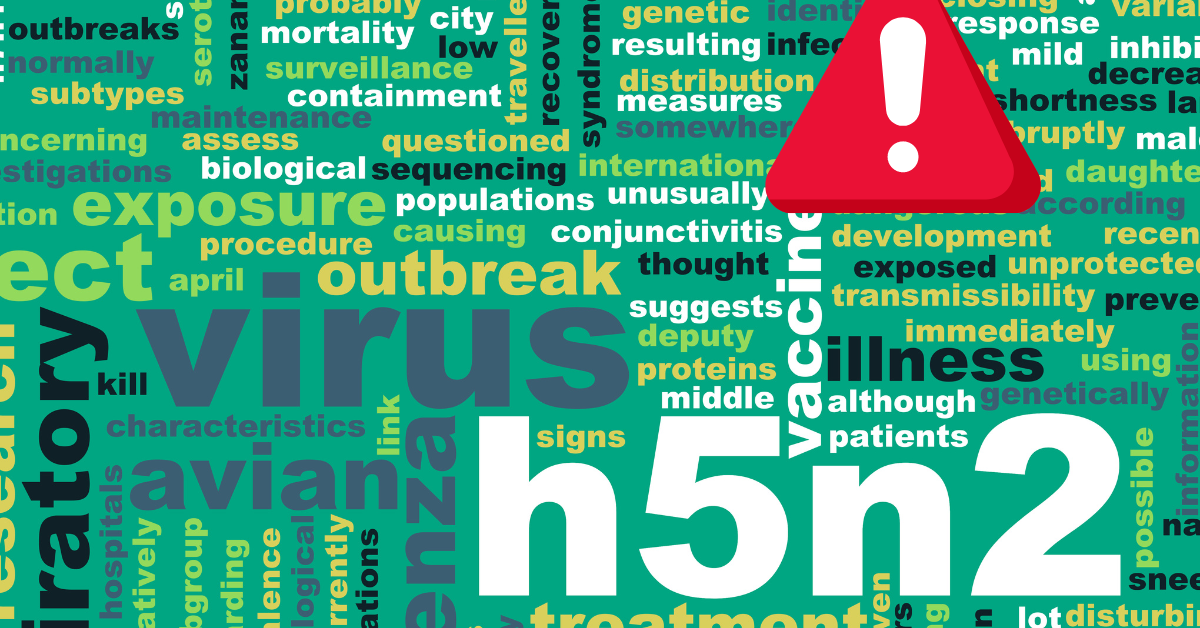First Fatal Human Case of H5N2 Avian Influenza Reported in Mexico
June 7, 2024
In a significant and concerning development, the World Health Organization (WHO) confirmed the first fatal human case of H5N2 avian influenza. This case, reported in Mexico, marks a critical point in the monitoring and understanding of avian influenza strains and their impact on human health.
Case Details
On June 5, 2024, WHO announced that a patient in Mexico succumbed to H5N2 avian influenza. This individual had been bedridden for three weeks prior to contracting the virus, though the exact source of the infection remains unidentified. Health authorities in Mexico are conducting thorough investigations to trace the infection pathway and mitigate further risks (Wikipedia) (World Health Organization (WHO)).
Background on H5N2 Avian Influenza
H5N2 is a subtype of the Influenza A virus primarily known to affect birds. While it has caused outbreaks in poultry and wild bird populations globally, human cases are exceptionally rare. Historically, the virus has not been known to infect humans, which makes this recent development particularly alarming.
Previous significant outbreaks of H5N2 in birds have occurred in various parts of the world, including the United States, Canada, Taiwan, and South Africa. These outbreaks have often led to substantial economic losses due to the culling of infected bird populations to prevent the spread of the virus.
Public Health Response
In response to this first fatal human case, health officials in Mexico, supported by international health agencies, are stepping up surveillance and control measures. Efforts include extensive contact tracing, increased monitoring of poultry farms, and reinforcing biosecurity protocols to prevent further transmission.
WHO and other health organizations emphasize the importance of early detection and prompt response to avian influenza outbreaks. The case underscores the need for ongoing vigilance and preparedness in managing zoonotic diseases, which can leap from animals to humans under certain conditions.
Global Implications
The confirmation of a human fatality due to H5N2 is a stark reminder of the potential for avian influenza viruses to adapt and infect humans. Although the current case appears isolated, it highlights the critical need for robust global surveillance systems and rapid response strategies to prevent possible outbreaks and safeguard public health.
Health experts advocate for continued research into avian influenza viruses, improved biosecurity in poultry farming, and public awareness about the risks associated with avian influenza. This case serves as a wake-up call to enhance preparedness for potential pandemics stemming from zoonotic viruses.
Conclusion
The first fatal human case of H5N2 avian influenza in Mexico represents a significant event in the landscape of infectious diseases. As health authorities work to understand and contain this incident, it serves as a critical reminder of the ongoing threats posed by avian influenza viruses and the importance of global cooperation in addressing these public health challenges.
For further updates and detailed information, please refer to the WHO website and local health advisories.




